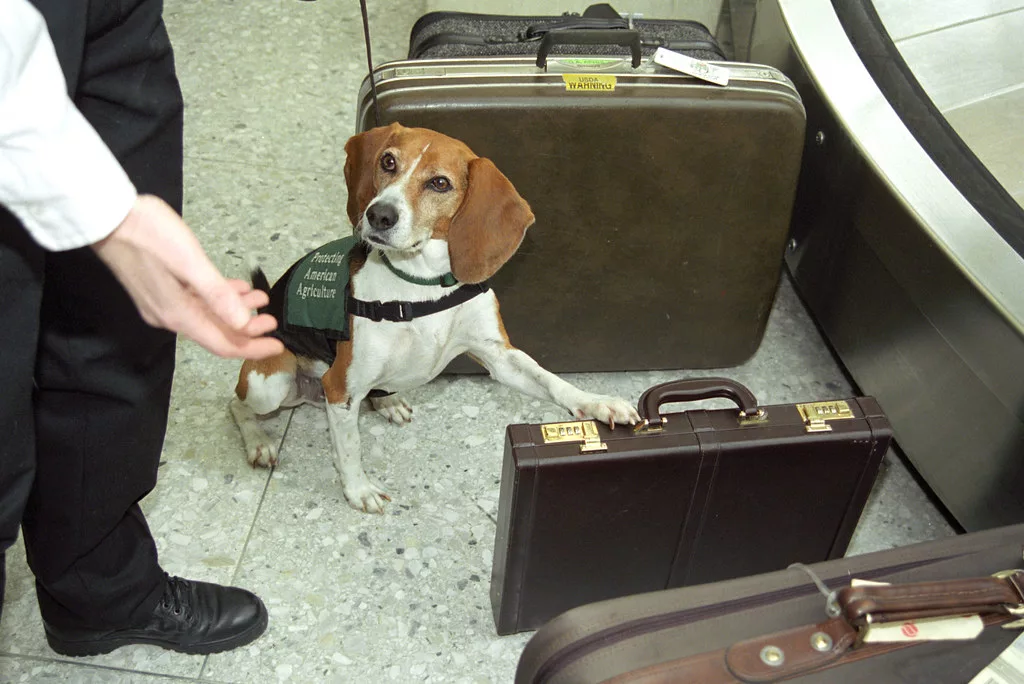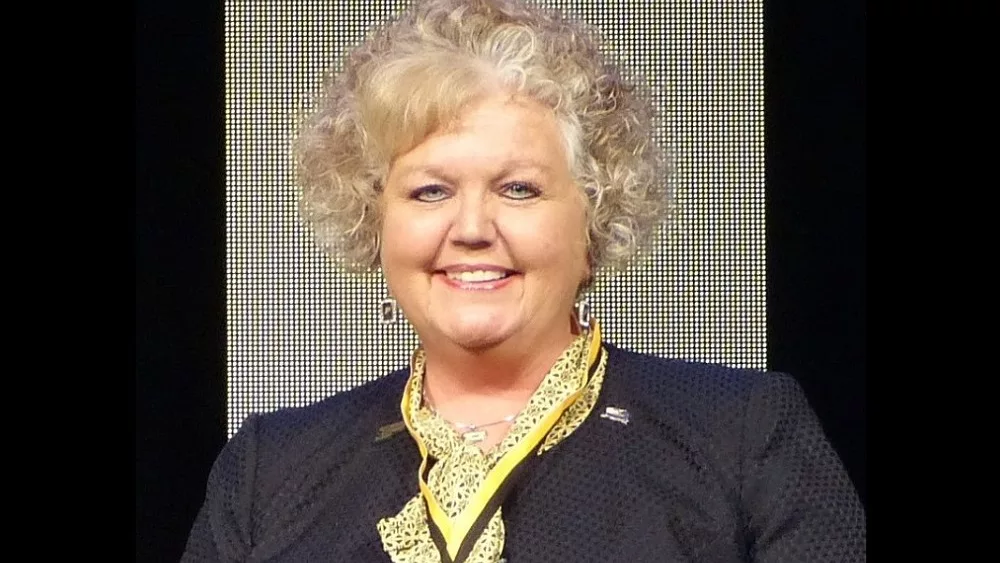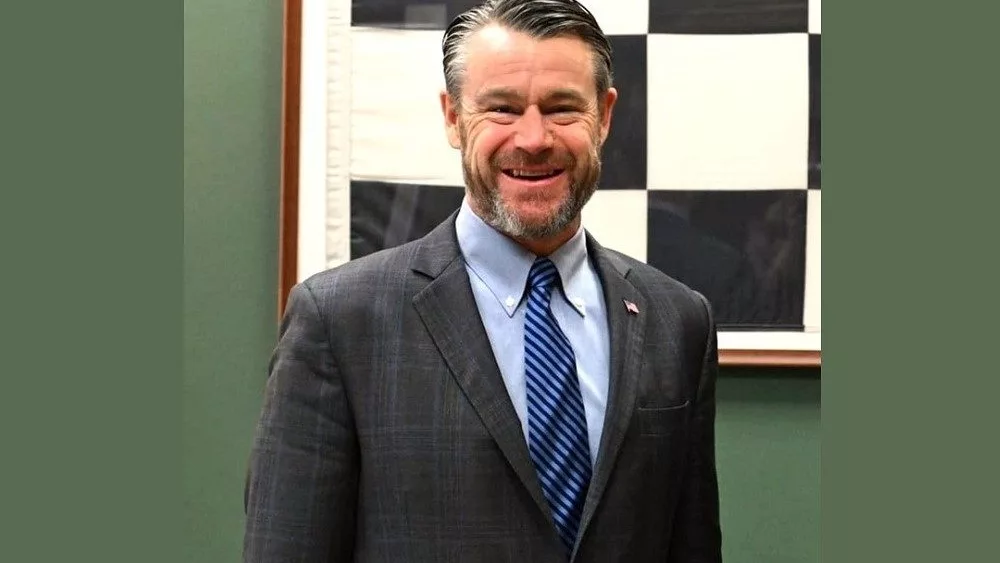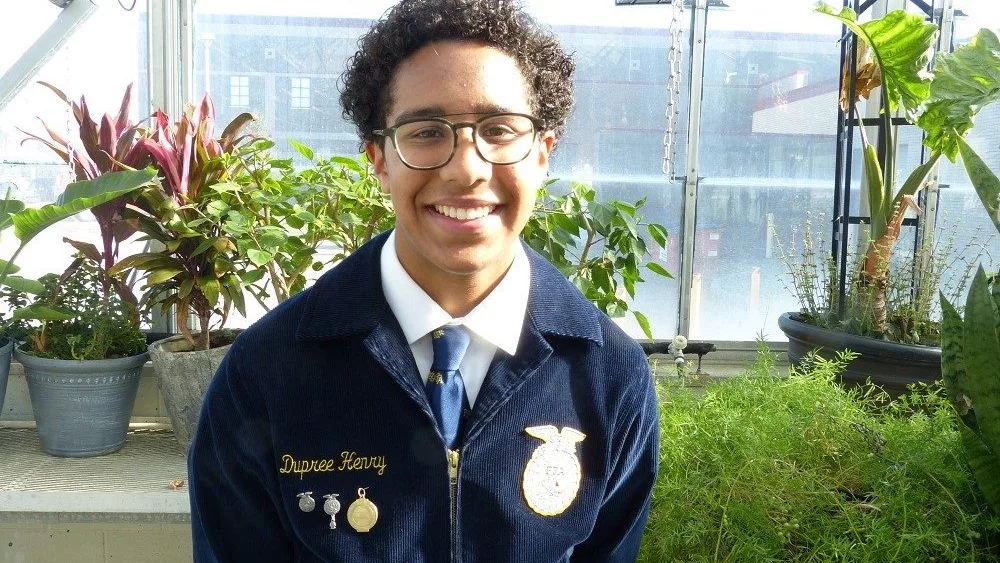
Indiana ranks fifth in the U.S. in pork production with 3,000 pork producers across the state. Since Indiana’s pork industry is such a huge part of the state’s ag economy, it’s important to keep diseases, like African Swine Fever (ASF), from coming into the U.S.
“We have very strict regulations here in the United States as far as the importation of animals and livestock in particular,” says Dr. Craig Bowen, Assistant Director of the Animal Disease Diagnostic Laboratory (ADDL) at Purdue University.
With African Swine Fever showing up in Europe, Asia, and the Caribbean, Dr. Bowen says it’s important to keep pork products that are outside the U.S. from entering our country.
“If we have any pork meat that may be coming in as sausage or any other cut, that still has the potential to have a viable virus in there,” according to Bowen. “If any of that enters the feed chain for those pigs, that would be an opportunity for transmission, infection of pigs, and introduction of ASF to our domestic swine herd.”
Dr. Bowen gives credit to the USDA’s Animal and Plant Health Inspection Service (APHIS), as well as their Beagle Brigade, for keeping the virus out of the U.S.
“The Beagle Brigade is actually a group of beagles that are at the airports and are trained to use their sense of smell to search out for any pork products that might be in luggage that might be coming in,” he says.

He also credits U.S. pork producers for their work in keeping the disease at bay.
“[Pork producers] are the first line of defense in recognizing if there is an issue,” says Bowen. “I think we definitely need to recognize their efforts that they put forward each day by monitoring their animals, making sure those pigs are acting normal, and if they do see something out of the norm, that they contact their veterinarian and get a hold of the state animal health officials.
“Through our diagnostic lab at Purdue, which is part of the National Animal Health Laboratory Network, we’re able to go through and do that initial testing for those foreign animal diseases and give our producers and stakeholders a quick answer that, at this point in time, have all been negative, and we really would like to keep it that way.”
He recommends that if you plan on traveling to another hog farm outside the U.S., to keep biosecurity measures in mind.
“If you hear of friends, family, or neighbors who are going to be traveling outside the United States—especially if you hear that they’re going to any of the countries that we know have confirmed cases of any of these foreign animal diseases—mention to them that if they’re going to be on any farms, make sure that they’re taking precautions,” he says.
“I know plenty of people who take extra clothes that they don’t necessarily need to bring back with them and may leave in those countries. You may want to visit Goodwill to pick up some extra clothing and extra shoes to wear when you’re going to be around those species. You can then leave them behind when you’re coming back to the U.S. just to kind of add a little more protection to those steps that we’re not going to be bringing something back with us.”
Dr. Bowen says he and his team are prepared to quickly respond in case of a positive test.
“We have individuals who are trained and have to pass a proficiency test to make sure that they’re able to perform the diagnostic tests that would be necessary to rule out or diagnose one of those foreign animal diseases at our diagnostic lab when samples come from any of these suspicious cases,” says Bowen.
If African Swine Fever were ever to enter the U.S., it would economically devastate the pork industry, causing a drop in hog prices of up to 50 percent, as well as the culling of herds and a widespread loss of jobs.





